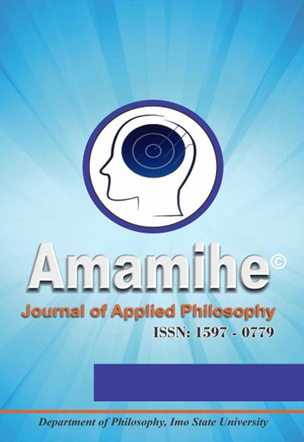
Vol. 22 No. 3, 2024
ABSTRACT
Classical philosophy saw the emergence of various schools of thought which spanned from approximately 800 BCE to 500 CE. These schools of thought include pre-Socratic (e.g., Thales, Anaximander, Heraclitus); Socratic philosophy (Socrates, Plato, Xenophon); Aristotelian philosophy (Aristotle, Theophrastus); Hellenistic philosophy (Epicureanism, Stoicism, Skepticism, Neo-Platonism); and Roman philosophy (Cicero, Seneca, Epictetus). This research explores the surprising connections between Aristotle's philosophical ideas and the development of Artificial Intelligence (AI). The paper attempts to apply Aristotle's concept of telos to AI development, the paper uncovers valuable insights into the creation of ethical, responsible, and human centered AI systems. The analysis of the paper reveals that Aristotle's idea can inform AI development in areas such as purpose, design, decision-making, and human-AI interaction. The paper argues further that, incorporating Aristotle's philosophical framework can enhance AI's potential to promote human flourishing while mitigating ethical concerns. This interdisciplinary study demonstrates the relevance of classical philosophy to contemporary AI development and encourages further exploration of the intersections between philosophy and technology.
